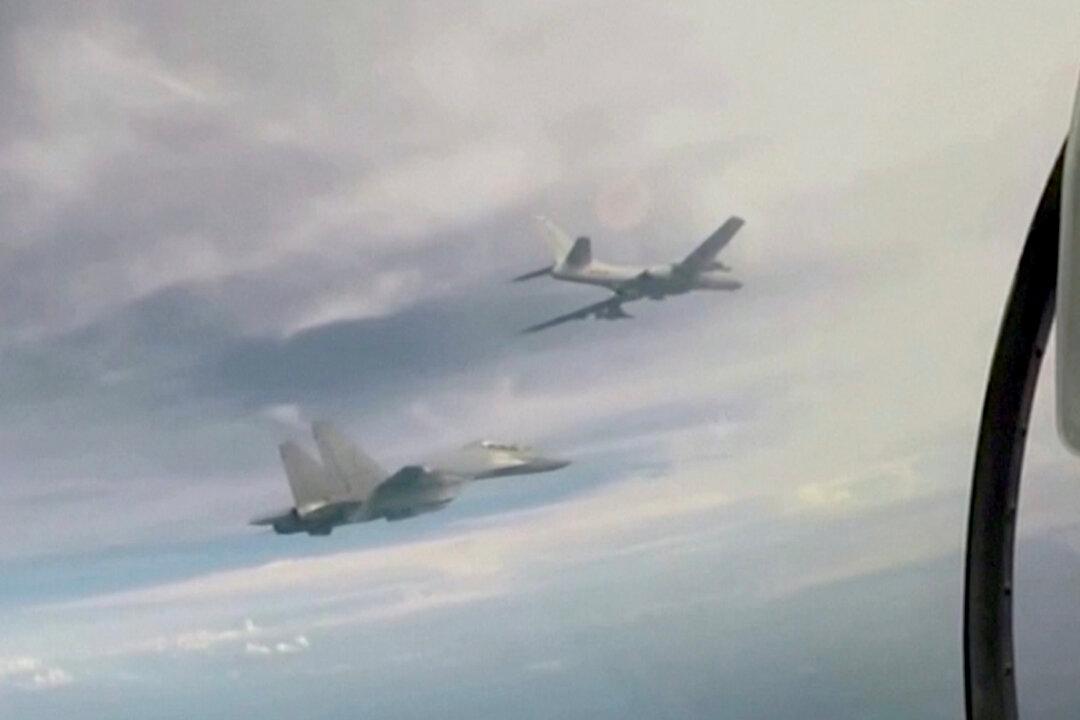The Chinese military is increasing its aggression against the United States and its allies at a dramatic rate, according to a senior Pentagon official.
The Chinese Communist Party’s (CCP) efforts are part of a wider goal to undermine and replace the international rules-based order, according to Ely Ratner, assistant secretary of defense for Indo-Pacific security affairs.




